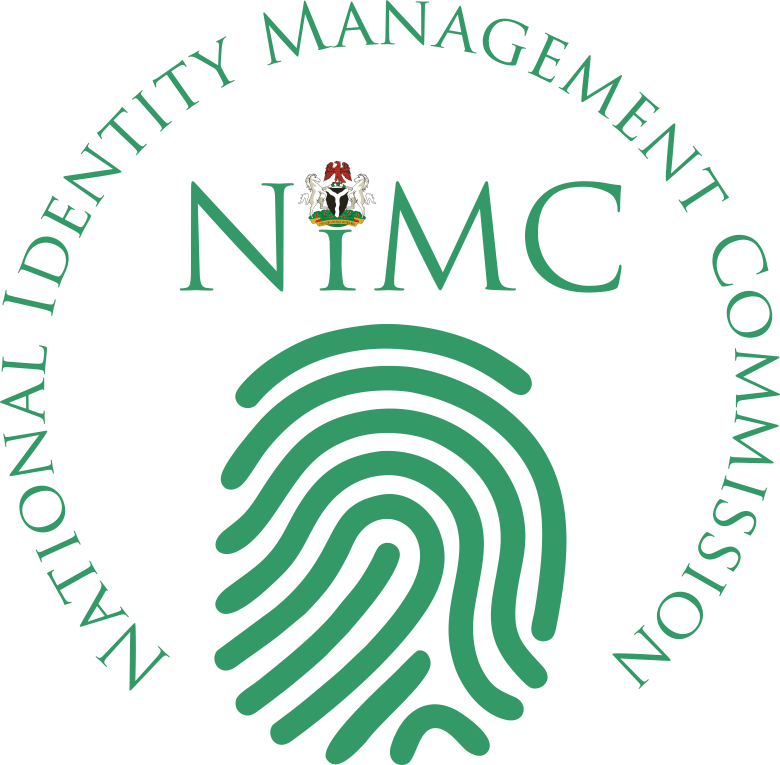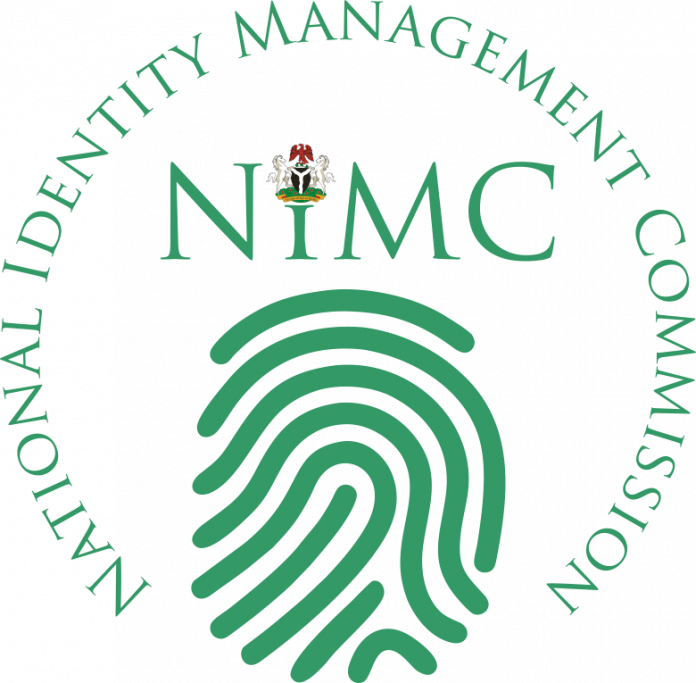Under the leadership of Engr. (Dr) Abisoye Coker-Odusote, the Commission partners with government and private stakeholders to harmonise identity systems, boost service delivery, and build trust in a modern digital economy
By Ayodele Babalola
In a landmark effort to modernise Nigeria’s digital infrastructure and transform public service delivery, the National Identity Management Commission (NIMC) has embarked on a bold mission to harmonise identity services across ministries, departments, and agencies. The initiative, aligned with the Federal Government’s digital transformation agenda, is poised to eliminate decades of data fragmentation and usher in a new era of seamless governance.
The challenge NIMC seeks to address is rooted in Nigeria’s history of parallel and uncoordinated identity systems, dating back to the 1970s. Back then, separate agencies maintained standalone databases for purposes such as the national census, driver’s licences, voter registration, and banking verification, creating costly duplication and inefficiencies. Although NIMC was established in 2007 to unify these disparate systems, progress was initially sluggish, hampered by infrastructural gaps, overlapping mandates, and limited public digital awareness.
That trajectory changed markedly with the appointment of Engr. (Dr.) Abisoye Coker-Odusote as Director-General/Chief Executive Officer of NIMC. Determined to reposition the Commission, she placed harmonisation of Nigeria’s identity ecosystem at the heart of her five-point agenda, an approach that has since delivered measurable results.
One of the Commission’s flagship projects, the National Digital Identity Ecosystem Project, brought together approved public and private sector partners to expedite the issuance of the National Identification Number (NIN). The NIN now serves as a unique identifier for citizens and legal residents across multiple services, from banking to telecoms.
To strengthen compliance and adoption, the Federal Government mandated citizens to link their NIN to vital services, including SIM card registration, driver’s licence applications, banking accounts, travel documents (passports) and voter registration. This policy shift has triggered a surge in NIN enrolments nationwide.

As part of its strategy to integrate systems and data, NIMC has also signed Memoranda of Understanding (MoUs) and technical agreements with key agencies, allowing for secure verification and sharing of identity data centred on the NIN. This collaboration spans institutions such as the Nigeria Inter-Bank Settlement System (NIBSS), Federal Ministry of Agriculture and Food Security (FMAFS), National Social Safety Net Coordinating Office (NASSCO),Nigeria Communications Commission (NCC), Nigeria Correctional Service (NCoS), Universal Basic Education (UBEC), National Health Insurance Authority (NHIA), Nigerian Consumer Credit Corporation (CREDICORP), Corporate Affairs Commission (CAC), Independent National Electoral Commission (INEC), Small and Medium Enterprises Development Agency of Nigeria (SMEDAN), Presidential Metering Initiative (PMI), Federal Ministry of Education, Nigeria Police Force – National Cybercrime Center (NPF-NCCC), Renewed Hope National Homegrown School Feeding Programme (RH-NHGSFP), Nigeria Immigration Service (NIS), Federal Inland Revenue Service (FIRS), National Population Commission (NPC), National Youth Service Corps (NYSC), Nigerian Education Loan Fund (NELFUND), Bank of Industry (BOI), Federal Ministry of Health and Social Welfare (FMHSW), Joint Admission and Matriculation Board (JAMB), and Security Agencies.
Technological advancements have underpinned these reforms. NIMC’s API (Application Programming Interface) service now enables real-time verification of identities by partner agencies, significantly reducing fraud and administrative bottlenecks. Meanwhile, with backing from international partners and the World Bank–funded Identification for Development (ID4D) initiative, NIMC has bolstered its ICT infrastructure to manage high-volume biometric processing and enable interoperability between legacy systems.
Beyond technology, NIMC has prioritised capacity building and stakeholder engagement, conducting sensitisation campaigns and training for state governments and federal agencies to ensure alignment with its harmonisation directives. This multifaceted approach has fostered trust and broadened the understanding of the benefits of a unified digital identity system.
Speaking at a recent stakeholder forum, Engr. (Dr) Abisoye Coker-Odusote highlighted why integration matters:
“A single source of truth for identity is not only essential for security and planning, it is the foundation for a modern, inclusive digital economy,” she remarked.
The harmonisation initiative is expected to have transformative impacts on national planning, economic inclusion, and the prevention of leakages in public spending. With a unified identity system, the government can better allocate resources for social protection, education, and healthcare programmes.
Yet, despite the strides made towards digital transformation of the ecosystem, it is obvious that there’s still a great need for digital literacy.
To address these, NIMC has embarked on MDA stakeholder engagement to shed more light on what NIMC is doing, especially with the National Orientation Agency (NOA) to assist in disseminating NIMC’S achievements.
NIMC continues to advocate for legislative backing to reinforce data protection and ethical biometric use by an amendment of the existing laws to reflect current global best practices, which has already passed first and second readings.
Looking to the future, the Commission is also exploring innovative solutions such as the NIN Auth and blockchain technology to extend digital identity coverage to rural areas, and NIMC has also embarked on the NIN-Ward Enrolment exercise to extend digital identity coverage to the ward level.
In the words of experts and observers, NIMC’s work marks a critical step towards a digital-first Nigeria, where every citizen can be seen, counted, and served efficiently.


